Chehlum clampdown: A day of silence
After a day of silence, cellular services started to crawl back to life in several parts of the country around 10 pm.
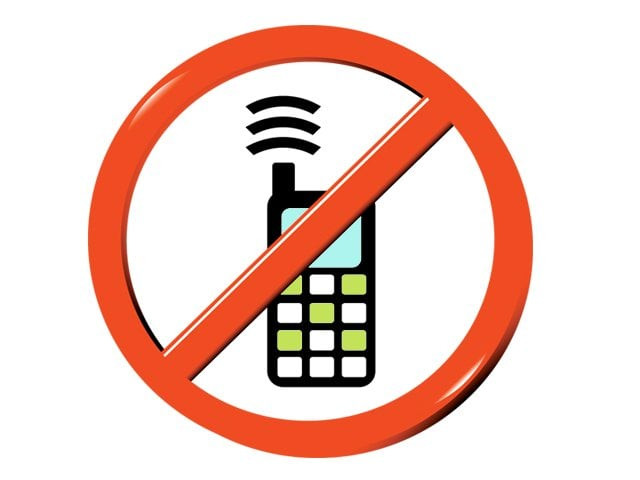
More than 40 cell phone-powered improvised explosive devices were used in terrorist activities or neutralised during the last year alone, says Waseem Ahmed. PHOTO: FILE
The government drew out its ‘trump card’ on Thursday to nullify the possibility of terrorist attacks on account of the chehlum of Hazrat Imam Hussain (RA).
The Pakistan Telecommunication Authority had, on the directives of the interior ministry, suspended cellular services from around 8 am in more than 45 major cities and districts, including Lahore and Karachi.
After a day of silence, cellular services started to crawl back to life in several parts of the country around 10 pm.
Around 18 districts of Punjab, 9 of Balochistan and six districts in Sindh, Khyber-Pakhtunkhwa (K-P) and Azad Jammu Kashmir as well as Gilgit-Baltistan (G-B) were affected by the suspension.
Sindh
Additional Chief Secretary Home Department, Waseem Ahmed, told The Express Tribune that more than 40 cell phone-powered improvised explosive devices were used in terrorist activities or neutralised during the last year alone. “The intelligence gathered as well as the threat perception on certain occasions account for [us] to [take] such precautionary measures. These measures cause inconvenience, but our ultimate goal is to save their lives” Ahmed explained.
However, those affected by the decision believe such a move is not the solution to any of the threats. “Suspension of mobile services may be of greater use to our federal interior minister and his team, who have spent the last five years in applying shortcuts rather than focusing on the root causes,” said Muzammil Iqbal, a network engineer associated with a cellular service provider. “The ban, in my opinion, just doesn’t stop life, though it accounts for a huge loss to the economic sector.”
Anas Ahsan Mallick, a student in Karachi, asserted that suspension of cellular services does not hinder their modes of communication much as they could make use of alternative sources of communication. He told The Express Tribune that a majority of Karachi residents have Internet and WiFi connections. “Internet-based mobile applications such as Whatsapp, Viber and Skype come in handy in such scenarios for those who own smartphones, while [a] myriad of social networking sites, including Facebook and Twitter become an alternative for others.”
Punjab
In Lahore, landline services continued to be the major source of communication, followed by the social media. But many voiced their disapproval with the suspension of cellular services.
“We really feel insecure while travelling in Lahore without cell phones now, as in case of any emergency, it would be hard to contact anyone for help,” said entrepreneur Ahmad Aziz. Speaking from a business perspective, Aziz said business activities had been affected, “as we found it difficult to discuss business.”
Khyber-Pakhtunkhwa
Meanwhile, six districts of K-P were affected by the suspension of mobile phone services on Chehlum. These were Peshawar, Dera Ismail Khan, Bannu, Kohat and Hangu. Services were also suspended in some parts of Charsadda.
Balochistan
In Quetta and other parts of Balochistan, the Chelum processions passed without any incident.
On the request of the provincial Home Department, the interior ministry suspended cellular services in Quetta, Mastung Loralai, Sibi Naseerabad, Jaffarabad, Jhal Masi and Machh Bolan.
Pillion riding and the display of arms were also banned.
Published in The Express Tribune, January 4th, 2013.

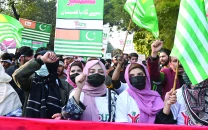
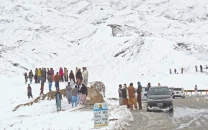
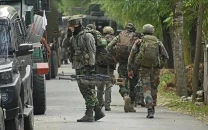
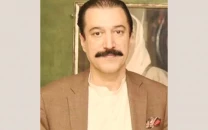













COMMENTS
Comments are moderated and generally will be posted if they are on-topic and not abusive.
For more information, please see our Comments FAQ